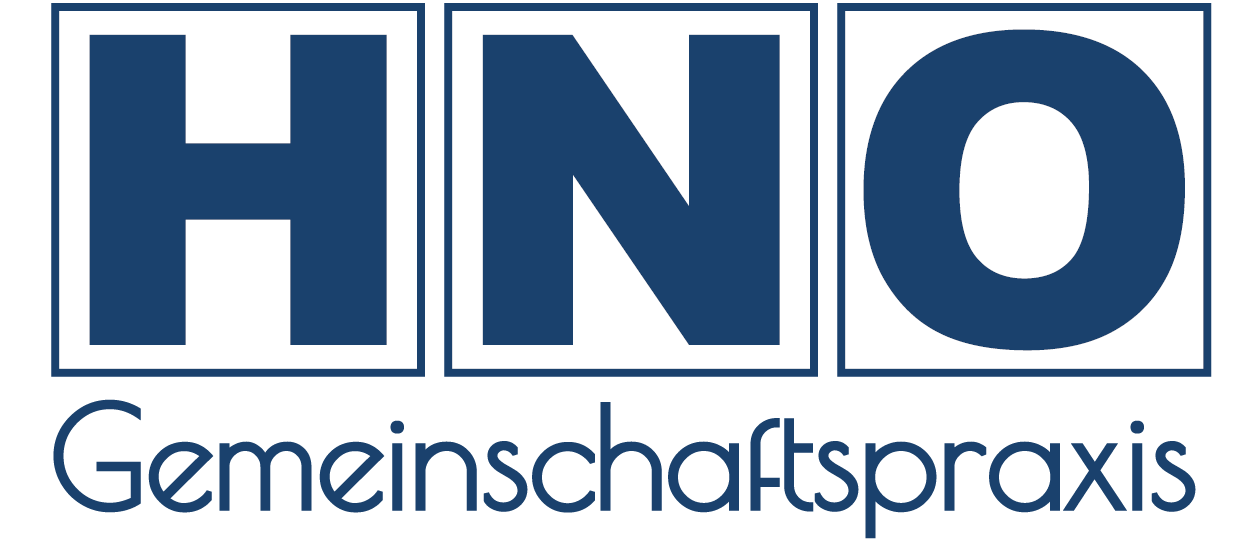Adenoidectomy (Polyp Removal)
Enlarged adenoids can block airways and promote infections. Removal is recommended for symptoms such as snoring or recurring infections, without impairing the immune system.
Cervical Lymph Nodes, Cysts, and Fistulas
Cysts and fistulas in the neck can cause recurring swelling and infections. Enlarged lymph nodes of unclear cause often require surgical removal to prevent complications.
Tonsil Surgery (Tonsillectomy)
Recurring or chronic tonsillitis can lead to serious health problems. A complete or partial tonsil removal can provide relief.
Myringotomy and Tympanostomy Tubes
Chronic ventilation issues in the middle ear may necessitate a myringotomy or the placement of tympanostomy tubes to preserve hearing.
Tympanoplasty (Middle Ear Surgery)
Chronic middle ear infections can severely affect hearing. Surgery can repair the eardrum and restore hearing.
Sinus Surgery
Chronic sinus infections can lead to long-term discomfort. Surgery can restore ventilation and alleviate symptoms.
Septoplasty
A deviated nasal septum can cause breathing difficulties and infections. Correction improves nasal breathing and reduces the risk of secondary illnesses.
Turbinate Surgery
Enlarged nasal turbinates impair breathing and can be surgically reduced to improve nasal function.
Parotid Gland Surgery
Inflammations, salivary stones, or tumors in the parotid glands often require surgical intervention to preserve gland function.
Salivary Stone Removal
Salivary stones can block the salivary glands and cause infections. Surgical removal may be necessary if other measures are insufficient.
Panendoscopy and Microlaryngoscopy
This minimally invasive method allows for precise examination and treatment of the entire upper digestive and respiratory tracts, vocal cords, and larynx in cases of unclear tumors or chronic inflammation.
Uvulopalatopharyngoplasty (UPPP) for Snoring and Sleep Apnea
In cases of snoring and sleep apnea, tightening the soft palate can help keep airways open and improve sleep quality. Other procedures in the throat area may also be useful for treating sleep apnea. The “drug-induced sleep endoscopy” (DISE) can provide valuable information with minimal risk for diagnosing sleep apnea syndrome.


